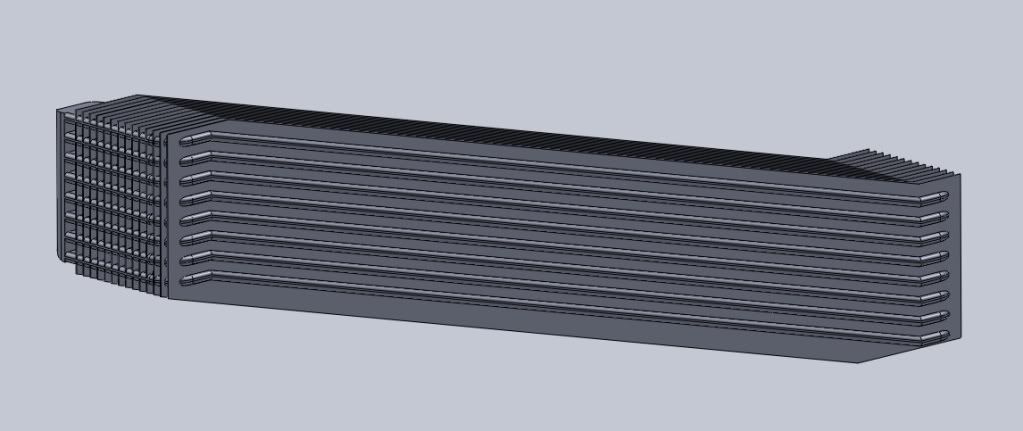hollus wrote:Ringo.
Why sodium fluoride and not other salt? Honestly curious and interested here.
Also, is it allowed to use electrolytes for cooling fluid?
I thought that teams pressurized their cooling water circuits to allow them to operate at higher temperatures (120C or so) without boiling because they were not allowed to use any fluid other than water.
Pure water has the best thermal conductivity. Salts tend to reduce that. The salt only make the boiling point and freezing point change, and the electical conductivity.
Sodium flouride is one of the few chemicals that has increasing conductivity over pure water, as its concentration increases.
It's particular very conductive at the temperatures that an engine cooling system operates at.
I think it is allowed to use electrolytes as cooling fluids, as i haven't seen anything in the rules specifying which fluids must be used.
The thing is salts dont agree with conductivity, as water is simply better. So i guess that's why the teams simply use pure water.
The salts may have an effect on engine scale build up, i don't know, but seeing as though the auxilaries around an F1 engine are dismantled and cleaned up. It should not be an issue as if it were like a road car engine cooling system that is hardly ever dismantled.
I have done a little mini research on the sodium flouride and it's pretty much a better solution than pure water.
One other issue with the salt, is the concentration and the density, engine power can suffer if pumping requirements will increase. But then if the pump can get superior cooling at lower pressures, then a balance can be found.





